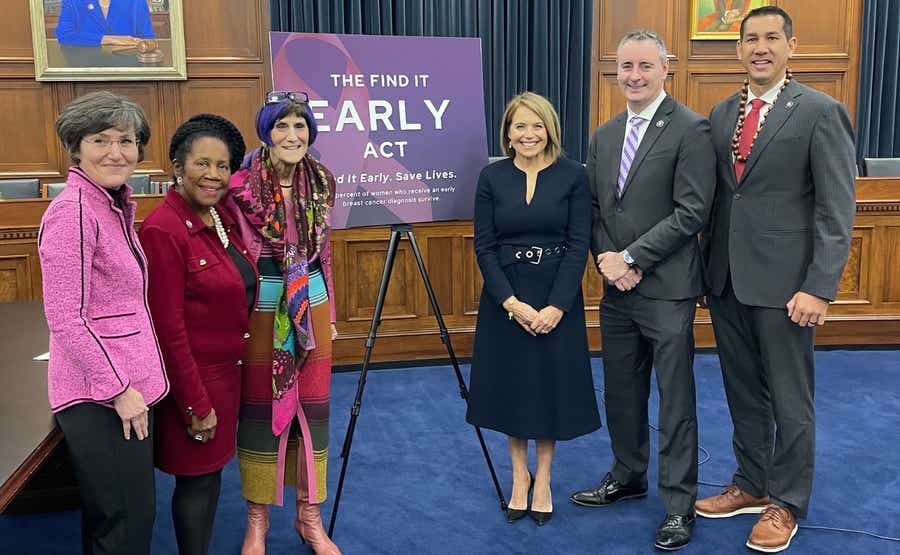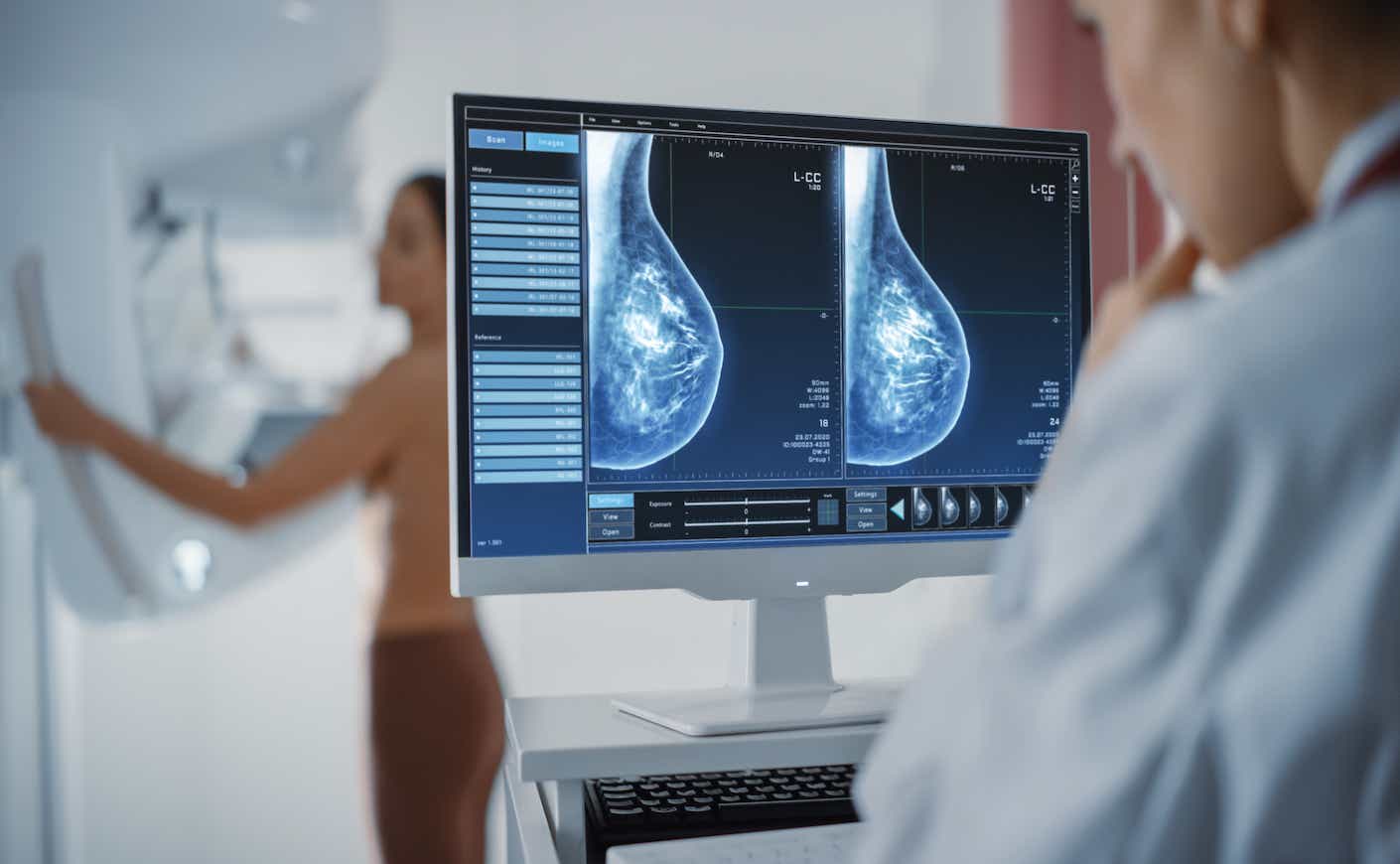We all know that when it comes to surviving cancer, early detection is key: 99 percent of women who receive an early breast cancer diagnosis survive it — but not every woman has access to the tools to ensure they are being properly screened. That’s why expanding early detection screenings to more people is so important, particularly for lower-income people and people of color who are often marginalized by our healthcare system.
The U.S. Preventive Services Task Force — a body of physicians and other healthcare providers that insurers look to for guidance when writing their policies — released their final guidance relating to breast cancer screenings. These recommendations virtually determine whether one’s health insurance covers a screening they need to adequately detect cancer and ensure their well-being.
There are some things worth celebrating in the recommendations. For example, the Task Force recommends lowering the initial breast cancer screening age to 40. This is an important step toward increasing early detection. But some recommendations fall short, especially regarding breast cancer screenings for women with dense breasts. Make no mistake, the Task Force’s failure to strengthen its recommendations means that fewer women will get necessary, life-saving screenings, and more of them will die.
We speak on this issue from personal experience. I (Katie Couric) was diagnosed with breast cancer in June of 2022. My routine mammogram indicated I had dense breasts, which affect 45 percent of women over 40. Dense breast tissue makes it difficult to find abnormalities through mammography alone. I received an additional screening, an ultrasound, which caught my breast cancer. I consider myself a living, walking example of the importance of early detection and getting screened. Had I not received an additional screening, there was a chance my cancer could have gone undetected and metastasized.
I (Rosa DeLauro) am a 36-year survivor of ovarian cancer. I’m alive today because of biomedical research and early detection. Like Katie, I consider myself a living example of the importance of early detection. I have spent my career in Congress focusing on early prevention in healthcare, especially for women and minority groups who are often under-served and under-diagnosed.
We’ve teamed up to introduce the Find It Early Act, legislation that would ensure all health insurance plans cover screening and diagnostic mammograms and breast ultrasounds and MRIs with no cost-sharing. We must ensure women who require additional screenings to detect breast cancer receive them, and that cost is not a barrier to taking care of their health.
Mammograms alone don’t always catch cancer, especially when women have dense breasts. Katie has described it as “looking for a snowball in a snowfield.” That’s why we were encouraged when the Food and Drug Administration rolled out its breast density notification rule, which requires providers to notify women with dense breasts of their status and the potential need for further screening to detect any breast cancer. However, the Task Force’s recommendations will stall this progress. Women with dense breasts will now be notified and informed that additional screenings like MRIs or ultrasounds may be necessary to detect cancer, but these additional screenings are still not covered by insurance.

There is no doubt that some women will forgo needed additional screenings as a result, especially when they face upwards of thousands of dollars in out-of-pocket costs for screenings, which means their breast cancer may only be detected once it’s at a much more advanced stage. That is dangerous, and will only worsen health outcomes for millions of women across the country — meaning more intensive treatment with harsher side effects, more invasive surgery, or in the worst cases women will lose their battle with breast cancer. Early detection gives women a fighting chance to beat this disease.
The Task Force had the power to act immediately and issue recommendations that would set a new standard for health insurance providers nationwide. But they’ve ignored the existing body of evidence that shows that women with dense breasts need necessary screening beyond a mammogram that cannot and will not be enough to detect cancer. Because of this decision, women will die.
We’ll keep fighting for the Find It Early Act to become the law of the land so that all women have access to lifesaving preventive screenings. Now more than ever, lives hang in the balance.









